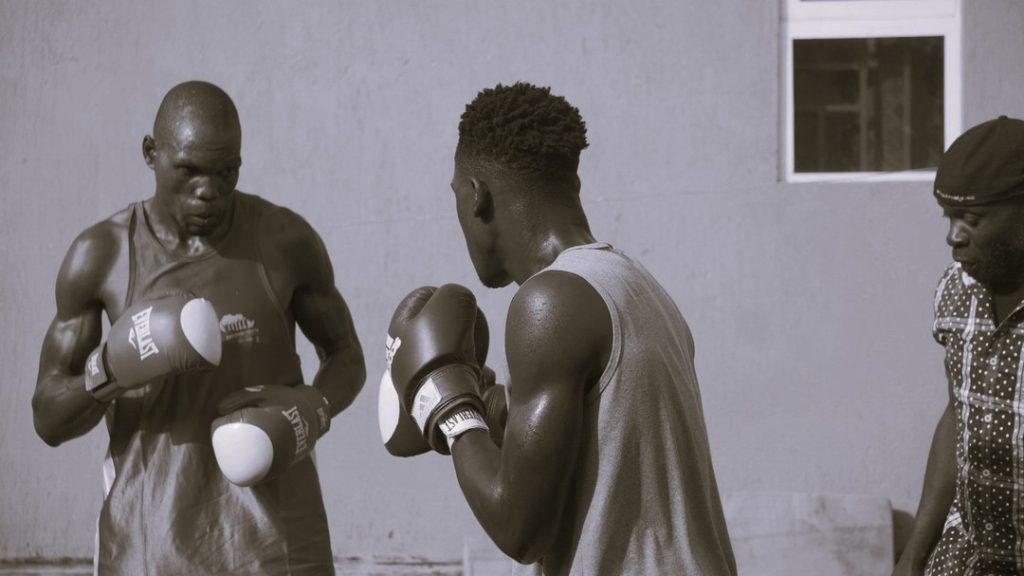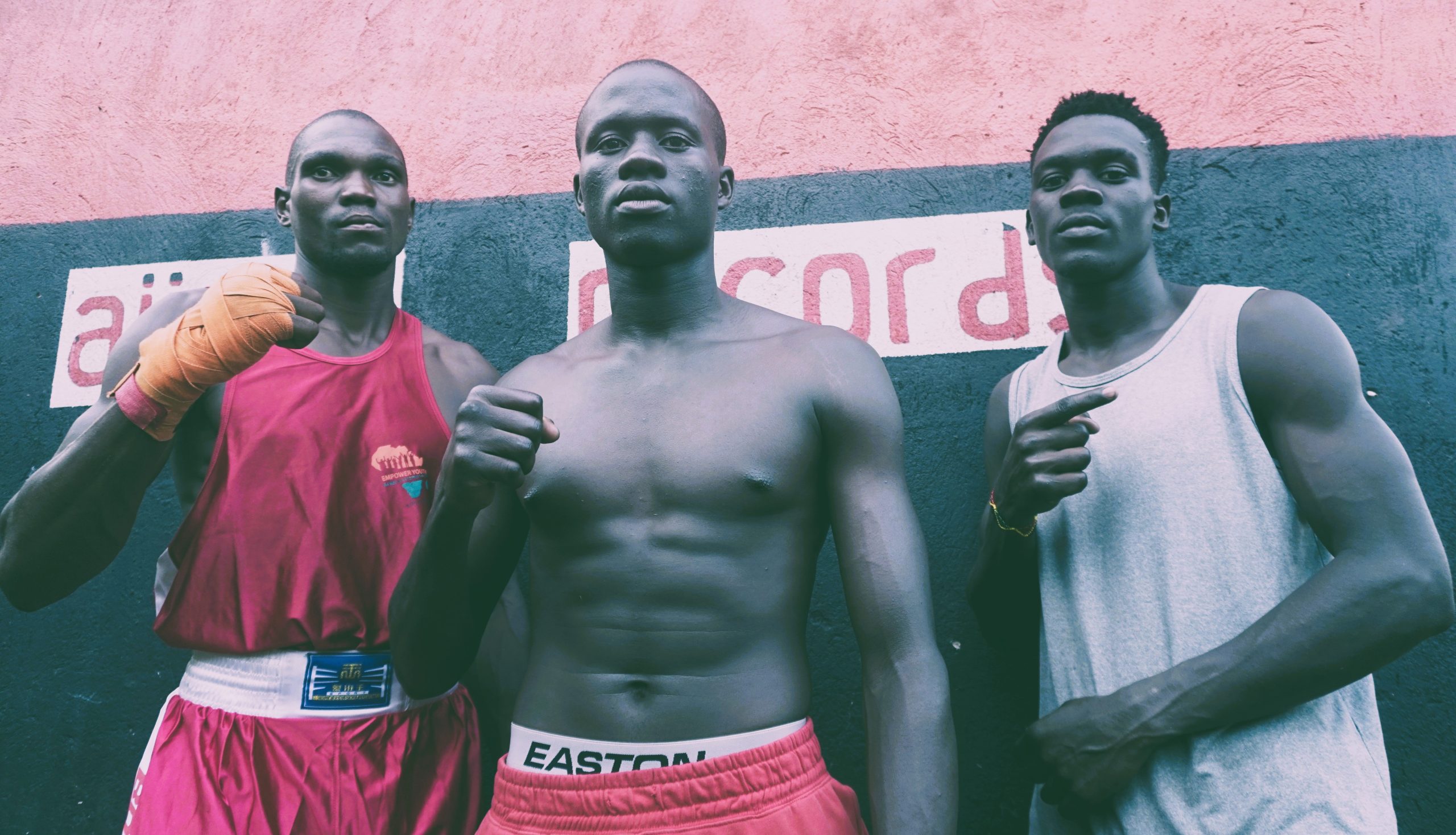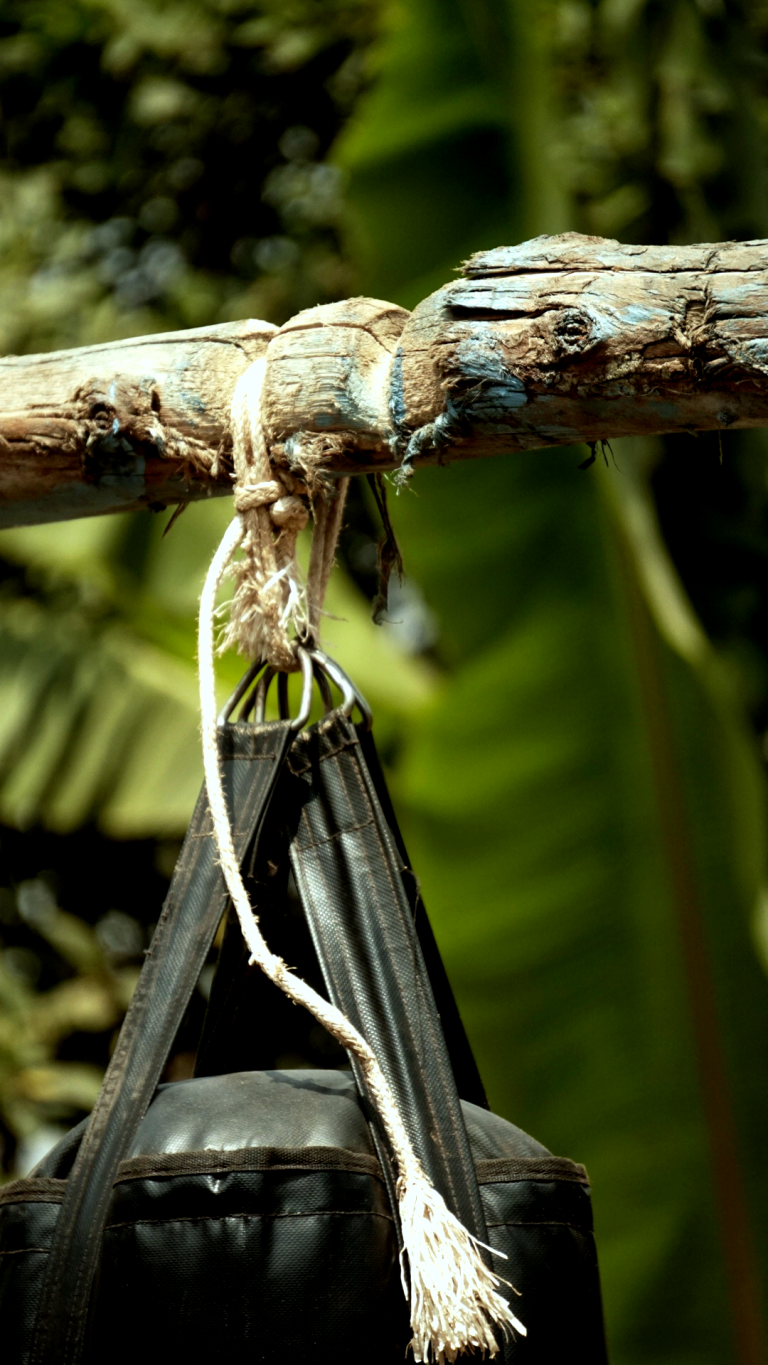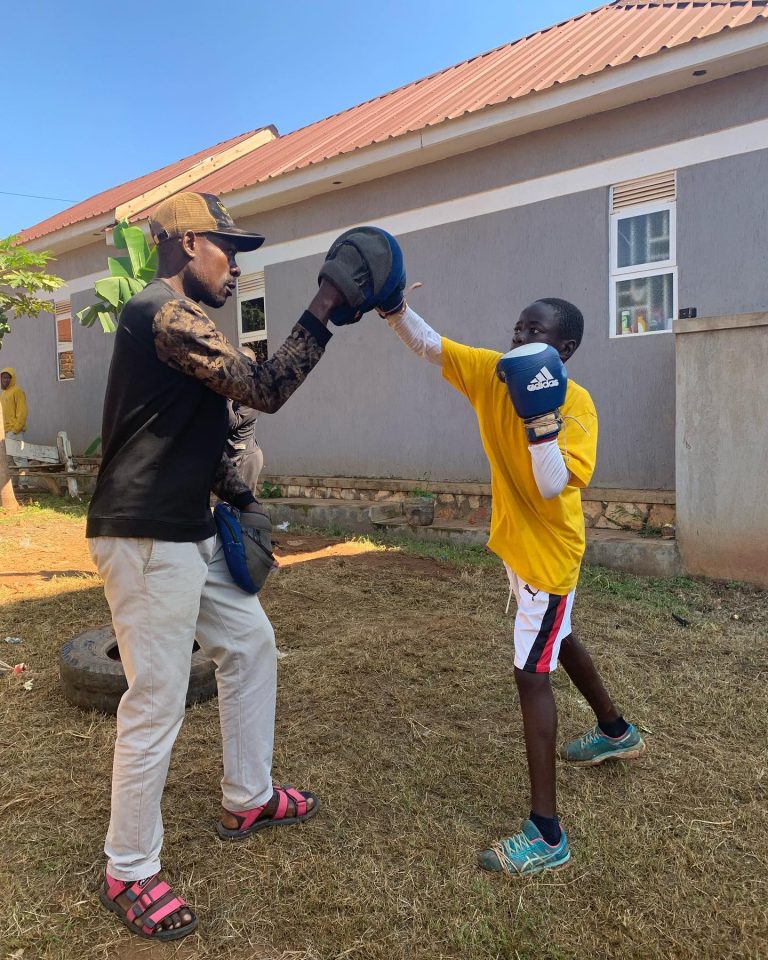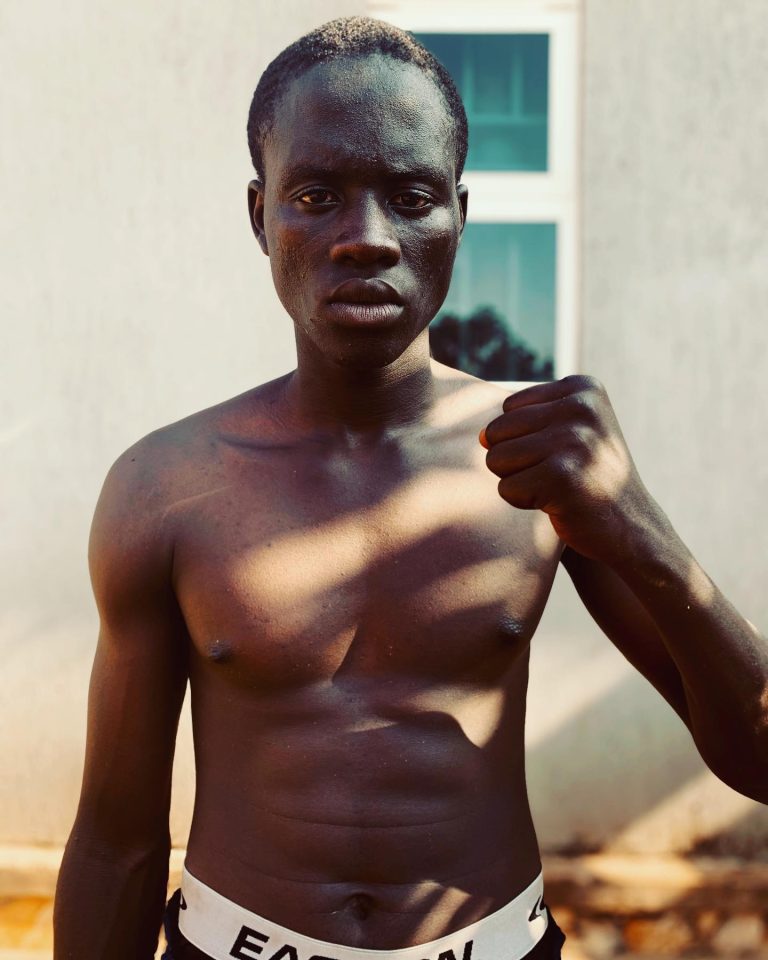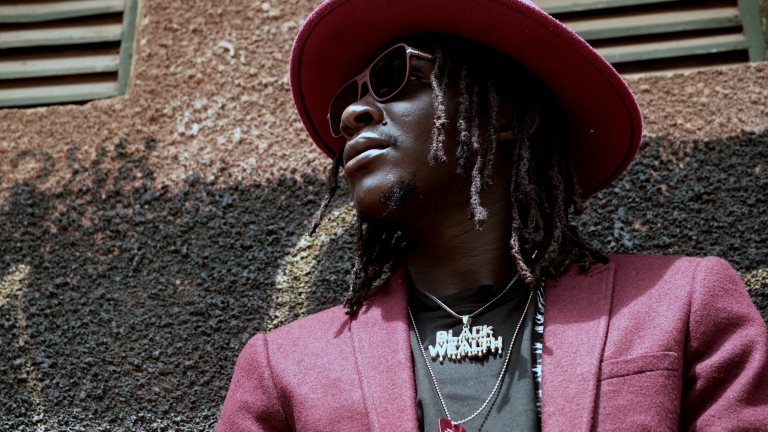Resilience in Boxing
Resilience is the ability to cope with challenges, overcome obstacles, and bounce back from setbacks. It is a vital skill for anyone who wants to achieve their goals and live a fulfilling life. But how can we develop resilience? One way is to learn from the sport of boxing.
Boxing is not just a physical activity, but also a mental one. It requires concentration, discipline, courage, and perseverance. Boxers face many difficulties, such as pain, fatigue, fear, and defeat. They have to deal with pressure, expectations, and criticism. They have to train hard, follow a strict diet, and sacrifice many things. They have to be ready for anything that happens in the ring.
Boxing teaches us some valuable lessons about resilience that we can apply to our own lives. Here are some of them:
Resilience is not about avoiding problems but facing them head-on. Boxers do not run away from their opponents, but confront them with confidence and determination. They do not shy away from challenges but embrace them as opportunities to grow and improve. They do not let their emotions get the better of them, but control them with calmness and rationality.
Resilience is not about being invincible but being adaptable. Boxers know that they cannot win every fight, but they can learn from every experience. They do not expect everything to go their way, but they adjust to different situations and circumstances. They do not stick to one strategy but change their tactics according to their opponents and conditions.
Resilience is not about being perfect but being persistent. Boxers understand that they will make mistakes, but they do not dwell on them or let them define them. They do not give up after a failure but try again with more effort and enthusiasm. They do not lose hope after a loss, but bounce back with more determination and motivation.
Resilience is not about being alone but about being supported. Boxers realize that they cannot succeed by themselves, but they need the help of others. They do not isolate themselves from their friends and family but seek their advice and encouragement. They do not ignore their coaches and trainers but listen to their feedback and guidance. They do not disregard their fans and supporters but appreciate their loyalty and love.
